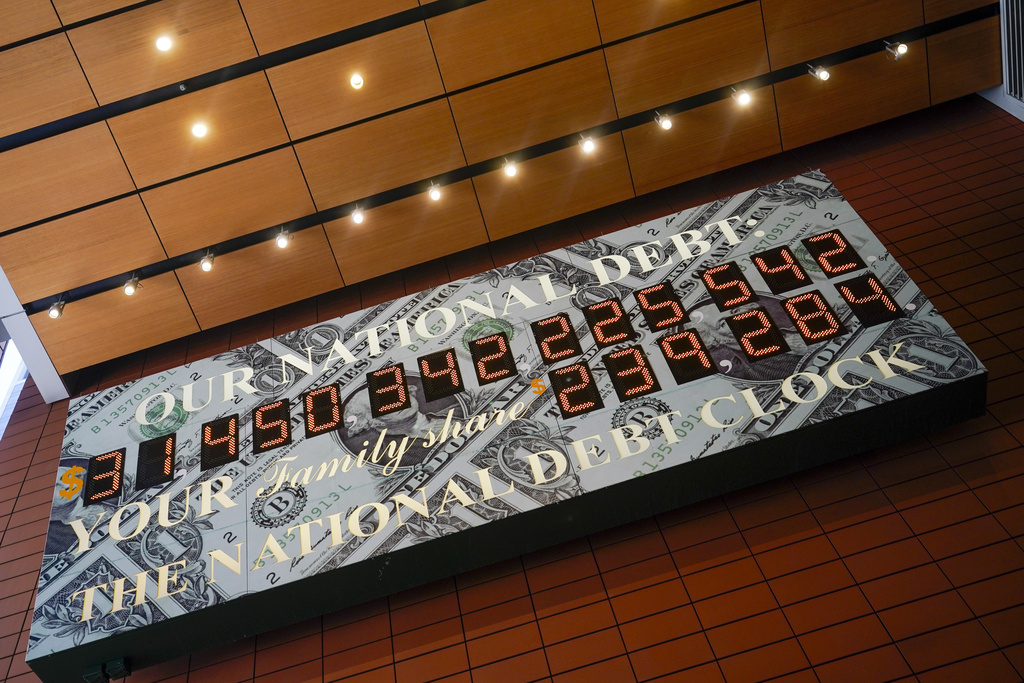
(Photo by Bernice Ogbondah)
The Fort Worth city manager has proposed a $1.7 billion budget for the coming fiscal year, with an emphasis on more money for capital projects, facilities approved in the 2014 bond election and money to pay for a new patrol unit.
The budget, proposed by City Manager David Cooke has a lower tax rate of 80.5 cents, compared to this year’s 83.5 cents, but an increase in assessed value means many property owners will still see an increase in their bill. The city expects to raise $35.4 million in property tax revenue with about $16 million of that coming from new property.
The appraisal of Tarrant County increased nearly 12 percent in 2016. In the Tarrant Appraisal District summary report for 2017, the city of Fort Worth’s total appraised value was $81.2 billion. Because the property value in Fort Worth is higher, a lower property tax rate doesn’t mean that home owners will pay lower taxes.
The budget also allocated money towards a new patrol division facility for Fort Worth police. Construction on the sixth police patrol division facility began April 3 in far north Fort Worth. The building is said to house both officers and administrative staff.
Council members are holding town halls across the city for citizen input on the proposed budget. The next town hall is set for 7 p.m. Sept. 12. On Aug. 29, about 70 people attended a town hall in council chambers.
The Tuesday night meeting allowed all tax promoters and opponents to voice their views on the budget. Terry Hanson, assistant finance director of performance and budget, presented the 2018-2019 fiscal year budget.
In the general fund, property tax is up 8.1 percent from the 2017 fiscal year. Sales taxes would also increase 10 percent in the proposed budget. Overall, the general fund would increase 6.2 percent.
The internal service fund is set to increase to $175 million and the enterprise funds would total to $572 million.
The enterprise fund consists of services that citizens use on a recurring basis, which is composed of five funds: the water and sewer fund, the stormwater and solid waste fund, the municipal parking fund and the municipal airport’s fund.
After Hanson presented the budget breakdown, Mayor Price and the council allowed constituents to voice their opinions. Many constituents were upset about the proposed internal service fund which represents the health care and retiree trust. The HR Group Health Fund would see a decrease of over $3.25 million. Last year the revenue and expenditure totals for the HR Group Health Fund were $86 million in the 2018 proposal the amount decreases to $82 million.
Fort Worth residents and city employees complained that city employees are seeing dwindling insurance benefits. One speaker said, “It’s getting harder and harder to find a doctor of choice who is covered by our insurance.” Another speaker voiced disappointment in the city of Fort Worth as an organization and believes that the city should have never decreased the employee contributions to retirement funds. One speaker said that the Fort Worth health care plan for city employees is a “mini ObamaCare.”
The council will vote on a proposed tax rate and budget 7 p.m. Sept. 19.





